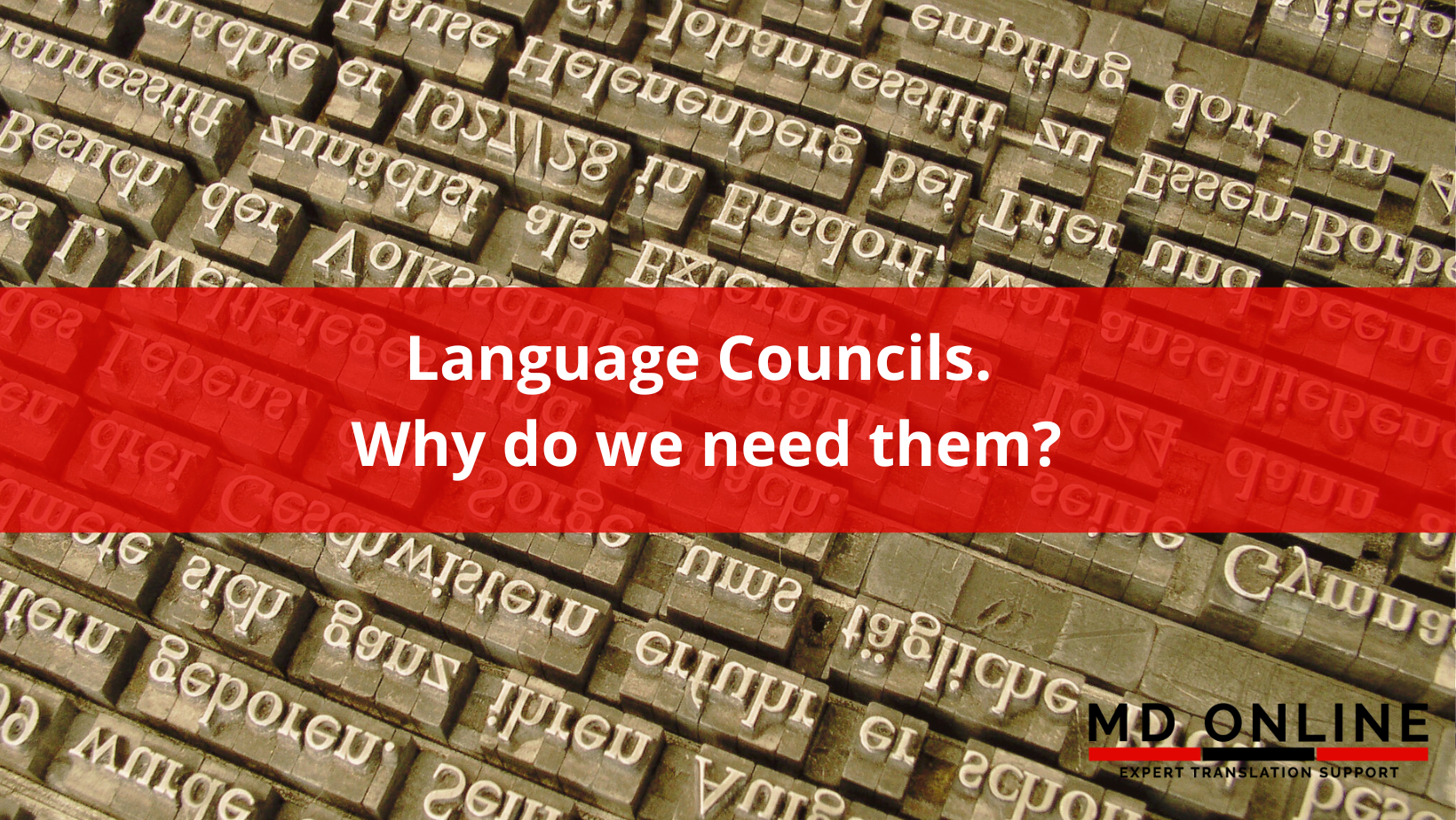Language Councils. Why do we need them?
Language councils are institutions of great importance in preserving, standardizing, and promoting a language within a specific country or region. They are not only research bodies but also language authorities that influence the shaping and maintenance of linguistic culture. In this article, we will take a closer look at the role and functions of such councils, as well as examples of such organizations from various parts of the world.
What Are Language Councils?
These councils are institutions or organizations whose primary task is to care for the national or regional language. Their objectives include:
- Standardization of Language: Councils are responsible for establishing rules for spelling, grammar, and orthography in a given language. They ensure linguistic consistency and correctness.
- Language Protection: The discussed councils aim to protect the language from undesirable influences, such as borrowings from other languages or incorrect word usage.
- Language Promotion: These institutions undertake activities to promote the correct use of the language in media, education, public administration, and other areas of public life.
Examples Worldwide
- Rada Języka Polskiego in Poland: This is one of the most well-known councils, responsible for standardizing and shaping the Polish language. It provides recommendations on spelling, grammar, and vocabulary and promotes the proper use of the Polish language.
- Académie française in France: The French Academy is an institution dedicated to protecting and standardizing the French language. Its members, known as “immortels,” ensure the purity and consistency of French.
- Real Academia Española in Spain: The RAE is responsible for standardising the Spanish language. It publishes dictionaries, grammar, and other educational materials related to the Spanish language.
- Komisja Standaryzacji Nazw Geograficznych poza Granicami Rzeczypospolitej Polskiej: This organization works to standardize the geographical names of Polish towns and places outside Poland’s borders. Its goal is to maintain the consistency of geographical names worldwide.
Functions and Significance of These Councils
These councils serve several vital functions in society. Their actions have an impact on the quality and consistency of the language, which, in turn, plays a crucial role in various areas of public and cultural life. Here are some key functions of language councils:
- Preservation of Linguistic Culture: These councils help preserve and perpetuate the linguistic culture of a nation or region. By standardizing the language, they pass on the linguistic heritage to future generations.
- Enhanced Communication: Standardizing the language improves communication between individuals. Uniform grammatical rules and spelling make written and spoken content easier to understand.
- Protection against Erosion: These councils protect the language from unwanted changes and borrowings from other languages, ensuring that the language maintains its identity and uniqueness.
- Support for Education: Such councils provide educational materials such as dictionaries and textbooks that support language learning and language education.
- Raising Language Awareness: Through educational campaigns and informational efforts, councils help raise language awareness in society, encouraging proper language use.
In summary, such councils play a pivotal role in preserving, standardizing, and promoting languages. Through their actions, languages become more consistent, pure, and useful in various areas of social and cultural life.

Leave a Reply